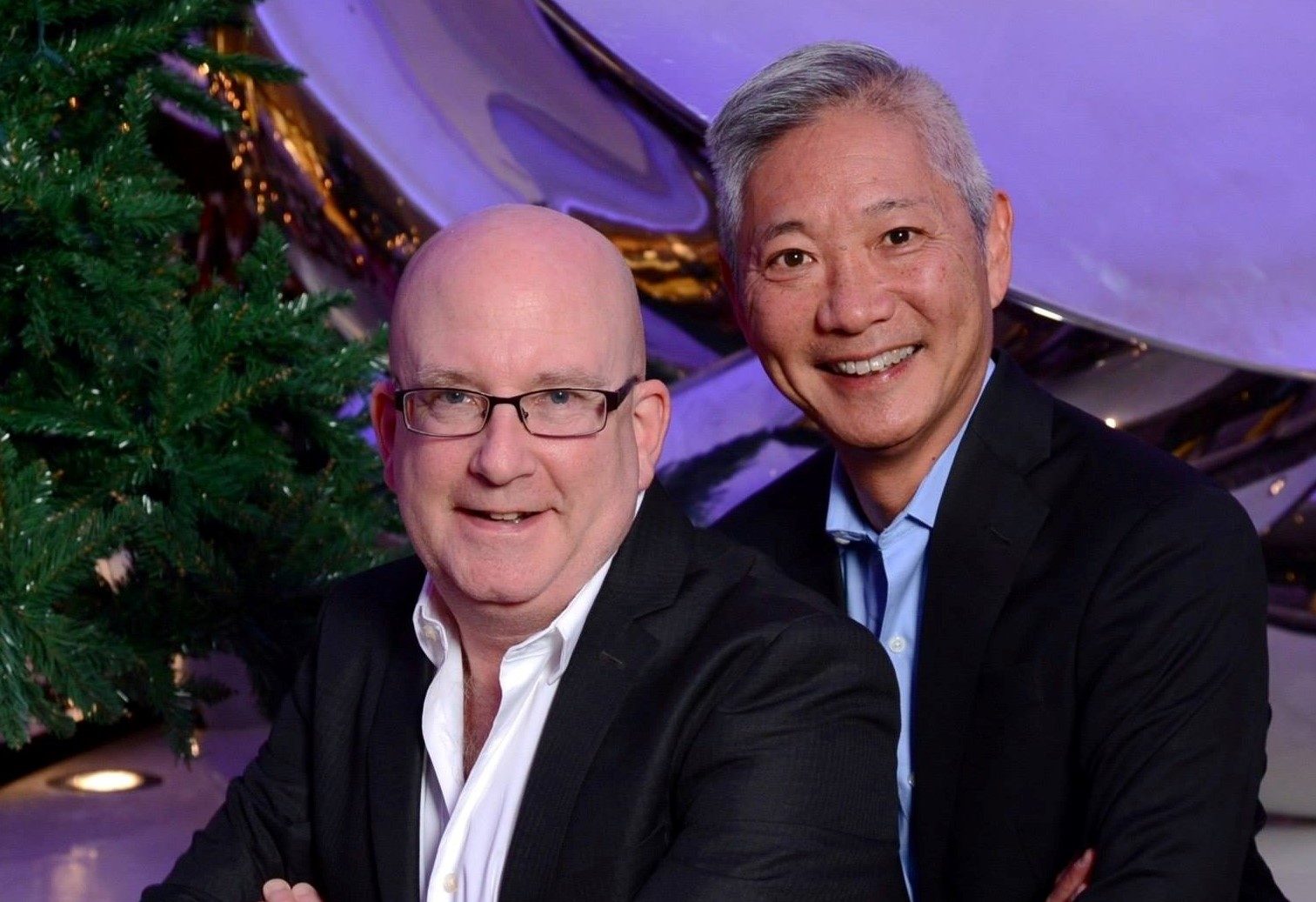Tell us about yourself:
How did you first get involved in philanthropy?
My first direct experience in philanthropy was around the age of 11. It was a gift of a heifer to the people of South Korea, to be “married” to a bull given at the same time by neighbor Mamie Eisenhower, to build up the beef stock of the country which numbered in the dozens at the time. After all, if you feed a person a steak, they can eat for a day. Teach them how to farm.
How has your giving evolved since then?
I learned two lessons from the experience. First, that it is important not just to ameliorate need, suffering, and injustice, though that is important, but also to help create the changes needed to prevent them forever. Second, I learned that marriage is important for cows and people too!
What knowledge and skills do you bring to your giving?
I try to be inquisitive, challenging, strategic, and committed to long term success while maintaining flexibility.
What issues are you passionate about?
This has changed over the years. Most recently my focus has been on full civil equality for LGBT people, especially using marriage equality as a bellwether for social change.
What do you look for in the organizations you support?
I try to really focus on one area for a few years and figure out who is doing the best work, especially organizations that work collaboratively or in complementary ways to solve a problem.
How has SFF supported your philanthropy?
I find a lot of value in hearing what other donors are doing, and I appreciate that SFF is actively trying to cultivate a learning community of engaged donors who share their stories and ideas with each other. I also rest secure knowing that the DAF funds are invested properly and distributed professionally.
Tell us about an organization that you are passionate about supporting:
We recently lost one of the icons of the marriage equality movement, the delightful Edie Windsor, plaintiff in the Supreme Court case that won federal recognition of same sex marriages. At about the time that her voice was lost forever, Hillary Clinton’s book came out, and so often I heard men demean her right to tell her story even while they may have lauded Bernie Sander’s right to tell his.
I reflected on how often in meetings men speak over women or even take credit for ideas first voiced by the women in the room. And then of course the unending torrent of sexual abuse aimed mostly at women, often to silence or demonstrate power. I turned to a favorite organization – San Francisco-based National Center for Lesbian Rights. They are one of the most effective LGBT legal organizations, having scored several Supreme Court victories and numerous lower and state court wins. I worked with them and my husband Ignatius Bau, along with my fellow donors Al Baum and Robert Holgate, to seed a fund at NCLR called the Edie Windsor Fund for Women’s Voices. It allows NCLR to identify and support individual women with unique stories like Edie’s, with travel funds or training. It is a simple way that men can stand up and say that the voices of women are crucial for ALL of us.
Closing thoughts:
My next projects will seek to reclaim and reform our democracy, so that voices of women and men are truly reflected in public.


